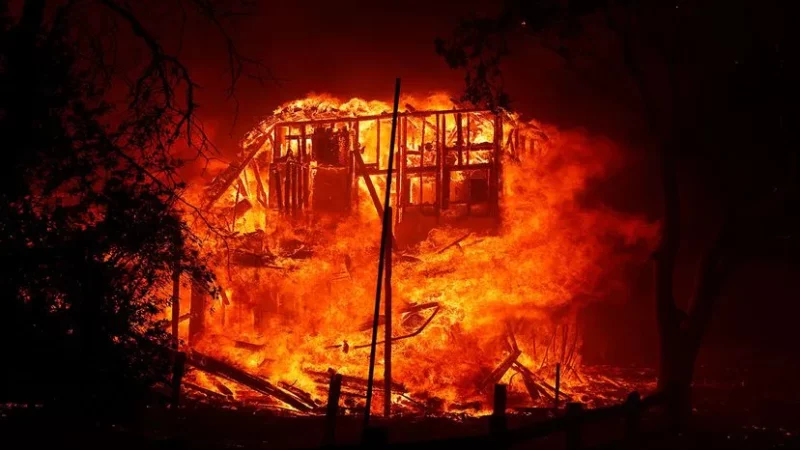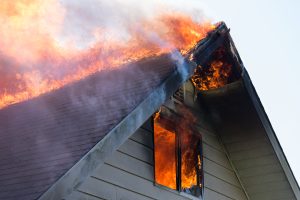Blog Steel Commander Corp
Flame Spread vs. Fire Resistance

Various testing methods are utilized to assess the fire safety of building materials. Frequently, we’re tasked with elucidating the disparity between flame spread—reflecting the combustibility of a specific product—and a test gauging the duration for a fire to breach a wall or roof assembly.
Flame spread, delineating the surface burning attributes of building materials, stands as one of the most scrutinized fire performance indicators. The predominant evaluation method for this rating is the American Society for Testing and Materials (ASTM) Test Method E84, commonly termed the tunnel test. This test measures the extent and speed of flame propagation across the surface of the sample material. Employing a sample cut to 20 inches wide and 25 feet long, installed as the test chamber’s ceiling, it undergoes exposure to a gas flame at one end. The Flame Spread Rating (FSR) scale ranges from 0 to 100, with lower values denoting superior performance. The scale is segmented into three classes: Class I or A (0-25 FSR), Class II or B (26-75 FSR), and Class III or C (76-200 FSR).

Pitched Roof of Traditional Home on Fire
Conversely, ASTM E119 evaluates the fire resistance of complete material assemblies, expressed in hours. It measures the duration an assembly can contain a fire or maintain structural integrity. The test duration aligns with the specified fire resistance requirement; for instance, a two-hour requirement mandates a two-hour test. The assembly is erected, placed in the test chamber, and subjected to controlled conditions where a fire is initiated on one side. Failure occurs if the assembly’s structural integrity is compromised or if the fire breaches the assembly prematurely. Success entails neither of these occurrences.
ASTM E84 and E119 (or their UL equivalents) are inherently distinct, making direct comparison untenable. While numerous materials may pass ASTM E84, they might not effectively withstand a sustained fire over time.
For more information, contact us today!




















